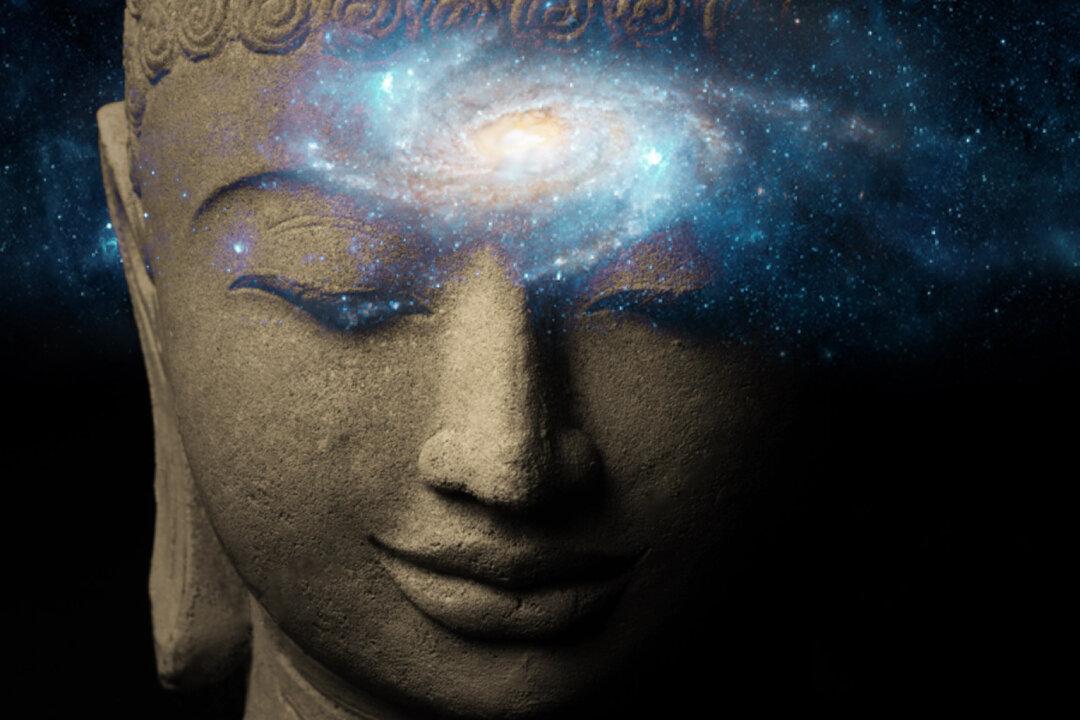Dr. Robert Lanza, who was selected by Time magazine as one of the world’s 100 most influential people, believes science must recognize the importance of human consciousness.
Quantum physics has proven contradictory to classical, Newtonian physics, setting scientists on the search for a “theory of everything” to bridge the chasm threatening to swallow any confidence we have in our scientific understanding of the world.






